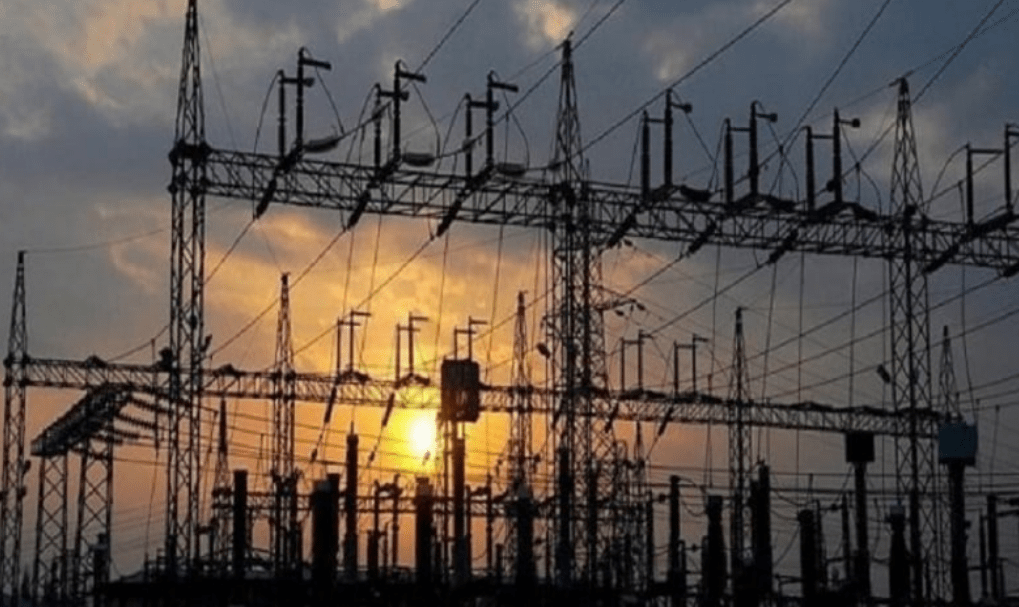By Islam Salah
Iran, a country known for its vast reserves of natural gas and crude oil, is now grappling with a harsh winter energy crisis that has left millions of citizens in the cold and dark. This has revealed a troubling mix of mismanagement, sanctions, and climate challenges.
The Paradox of Plenty
Iran holds the second-largest proven natural gas reserves and ranks fourth in crude oil reserves globally. Yet, power blackouts and fuel shortages have become a grim reality for its citizens.
Government officials cite high energy consumption and insufficient fuel supply as major culprits, but deeper issues remain. Years of underinvestment and the additional burden of Western sanctions have left the country’s infrastructure ill-equipped to meet seasonal energy demands.
President Masoud Pezeshkian’s recent statements on fuel shortages underscore the dire situation as power outages sweep across Tehran and other provinces.
Life in the Dark
Iranians are facing unheated homes and a struggling economy during one of the coldest winters in years. For many, daily life has become a challenge to stay comfortable. In Tehran, families are layering clothing and staying under blankets to cope with the chilly temperatures.
Businesses also face losses due to unannounced blackouts that last for hours. Even major highways are plunged into darkness at night, raising safety concerns.
The Climate-Sanctions Collision
The energy crisis is not solely the result of mismanagement but is also compounded by the dual challenges of climate change and international sanctions. Rising energy demands due to severe winters and scorching summers clash with a crippled infrastructure, unable to meet these needs.
Plus, sanctions have limited Iran’s ability to modernize its power grid or acquire cleaner fuel technologies.
The environmental toll is also alarming. With limited fuel options, power plants resort to burning mazut, a low-quality oil that contributes to Tehran’s deadly smog. Health experts warn of rising pollution-related deaths, with thousands of lives claimed annually.
Ongoing Power Crisis
Iran’s current dilemma raises urgent questions about the future. Can systemic reforms and investments in sustainable energy reverse the downward spiral?
Learning from the country’s struggles, Middle Eastern nations have an opportunity to future-proof their energy systems, ensuring resilience against both climate and geopolitical challenges.
WE ALSO SAID: Don’t Miss…A Critical Moment: UN Calls For Urgent Action On Iran’s Nuclear Deal



